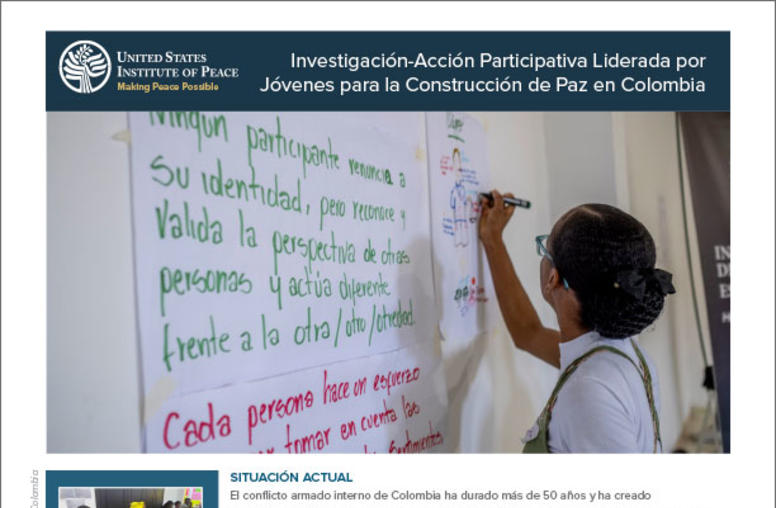Victims Unsilenced: The Inter-American Human Rights System and Transitional Justice in Latin America
Despite having developed some of the most progressive jurisprudence on matters of accountability, remedies and due process, the Inter-American human rights system has had a mixed record with regard to transitional justice processes in Latin America.
What accounts for the regional system’s varying degrees of influence on the rule of law in individual states? What lessons can we apply to countries just beginning to emerge from violent conflict and massive human rights violations such as Colombia?
A new book published by the Due Process of Law Foundation (DPLF) with support from USIP examines the role of the Inter-American human rights system in advancing transitional justice in Latin America. This comprehensive, policy-oriented study covers four cases: Argentina, Peru, Guatemala and El Salvador. Its authors include some of the region’s foremost experts on transitional justice and the Inter-American system.
Speakers
- Santiago A. Canton
Executive Secretary, Inter-American Commission on Human Rights - Juan E. Méndez
President, International Center for Transitional Justice - Katya Salazar
Director of Programs, Due Process of Law Foundation - Neil J. Kritz, Discussant
Associate Vice President, Rule of Law Program, U.S. Institute of Peace - Carola Weil, Moderator
Sr. Program Officer, Grant Program, U.S. Institute of Peace


